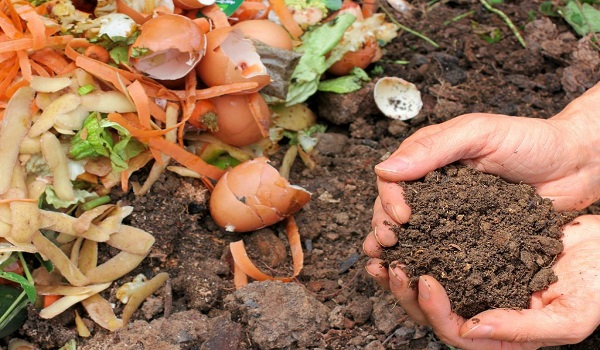In today’s world, where food scarcity coexists with excessive waste, innovative solutions are emerging to optimize efficiency and minimize food waste across the supply chain. From startups connecting surplus food with those in need to cutting-edge technologies revolutionizing food processing and preservation, the focus is shifting towards a more sustainable food system.
Startups like Food Drop are leveraging digital platforms and mobile apps to connect supermarkets, restaurants, and farms with surplus edible food to charitable organizations, effectively diverting nutritious food from landfills and addressing hunger issues. Similarly, food manufacturers and retailers are adopting advanced monitoring technologies, such as smart scales and analytics software, to track and tackle waste issues in commercial kitchens.
One groundbreaking innovation comes from researchers at Princeton and Microsoft who have developed sub-terahertz technology to accurately assess fruit ripeness, reducing waste in food distribution. This wireless tool enables precise measurements, ensuring that only ripe fruits are distributed, thus minimizing spoilage.
Washington State University’s microwave-assisted thermal sterilization (MATS) method preserves nutrient quality while reducing energy consumption, offering a sustainable alternative to traditional canning. Likewise, high-pressure processing (HPP), developed by Ohio State University researchers, preserves nutrients and flavours in packaged foods without the need for intense heating, thus revolutionizing food preservation methods.
Efficiency in agriculture is also being enhanced through precision agriculture techniques like soil analysis using high-definition genomics and metagenomics. Companies like Trace Genomics provide farmers with customized soil enrichment recommendations, optimizing yields while minimizing resource waste. Additionally, indoor vertical farming and growth chambers enable year-round production of crops with minimal land and water usage, further contributing to sustainable agriculture practices.
Advances in smart packaging technologies are also playing a significant role in reducing food spoilage. Companies like Insignia Technologies develop smart time-temperature indicators for food packaging, while researchers are exploring sensors that change colour based on food quality, providing consumers with visual cues to assess freshness and reduce waste.
While these innovations hold promise for a more sustainable food future, challenges such as cost, scalability, regulation, and consumer adoption remain. Increased collaboration between the public and private sectors is crucial to overcoming these hurdles and realizing the vision of a greener, more ethical, and nutritious food system for all.


